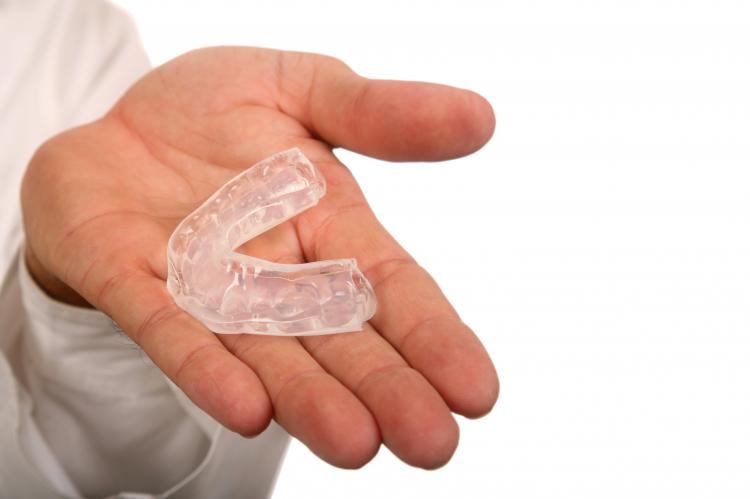Dental injuries are common in collision or contact sports and recreational activities. Numerous surveys of sports-related dental injuries have documented that participants of all ages, genders and skill levels are at risk of sustaining dental injuries in sporting activities, including organized and unorganized sports at both recreational and competitive levels. While collision and contact sports, such as boxing, have inherent injury risks, dental injuries are also prevalent in non-contact activities and exercises, such as gymnastics and skating.
Maintaining oral health and the use of a properly fitted mouthguard is strongly encouraged for reducing the incidence and severity of sports-related dental injuries.
Surveillance studies of mouthguard users and nonusers have consistently shown that mouthguards offer significant protection against sports-related injuries to the teeth and soft tissues as well as help prevent concussions. Mouthguards provide a resilient, protective surface to distribute and dissipate forces on impact, thereby minimizing the severity of traumatic injury to the hard or soft tissues.
The ADA has endorsed the preventive value of orofacial protectors, including helmets, faceguards and mouth protectors, for use by participants in sporting and recreational activities with some degree of injury risk and at all levels of competition.
Ask Dr. Budz about fitting you for a custom mouthguard. Custom mouthguards are considered by many to be the most protective option.
